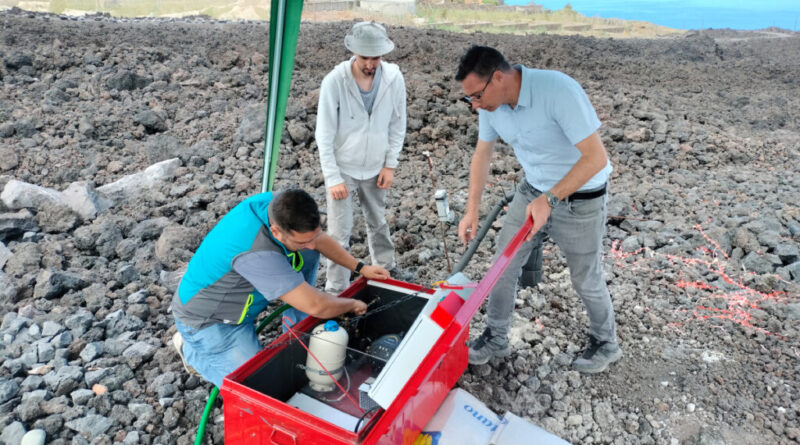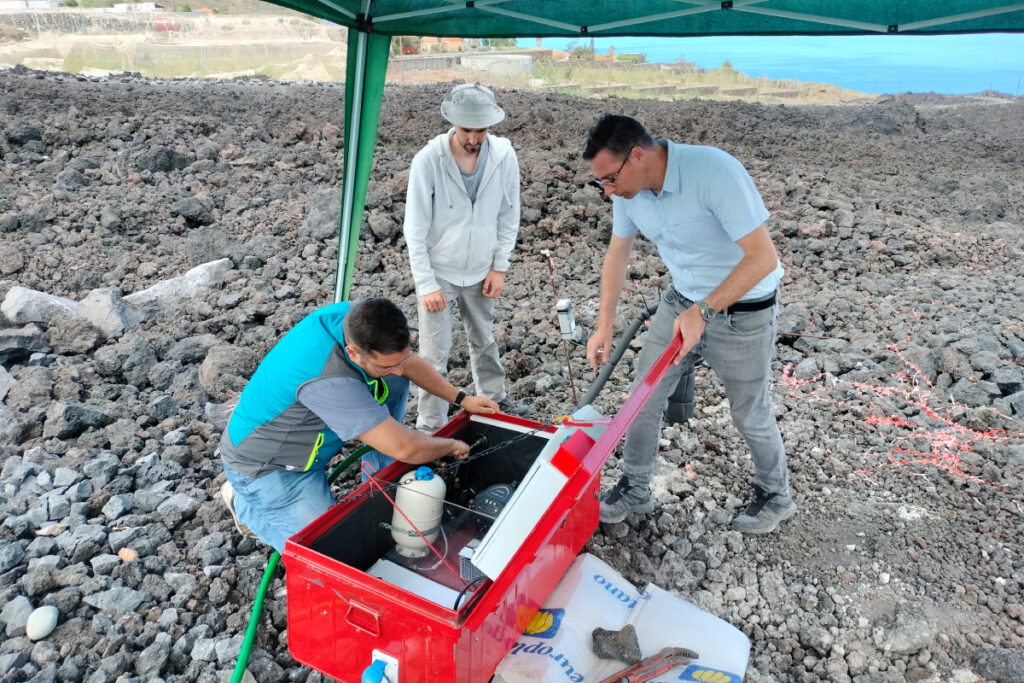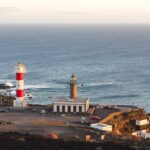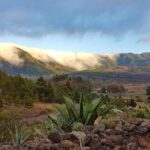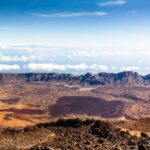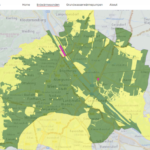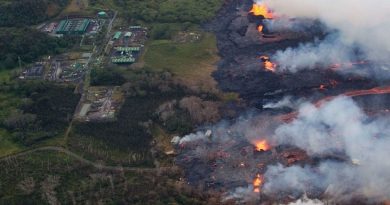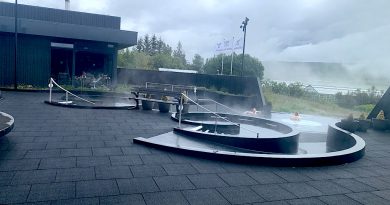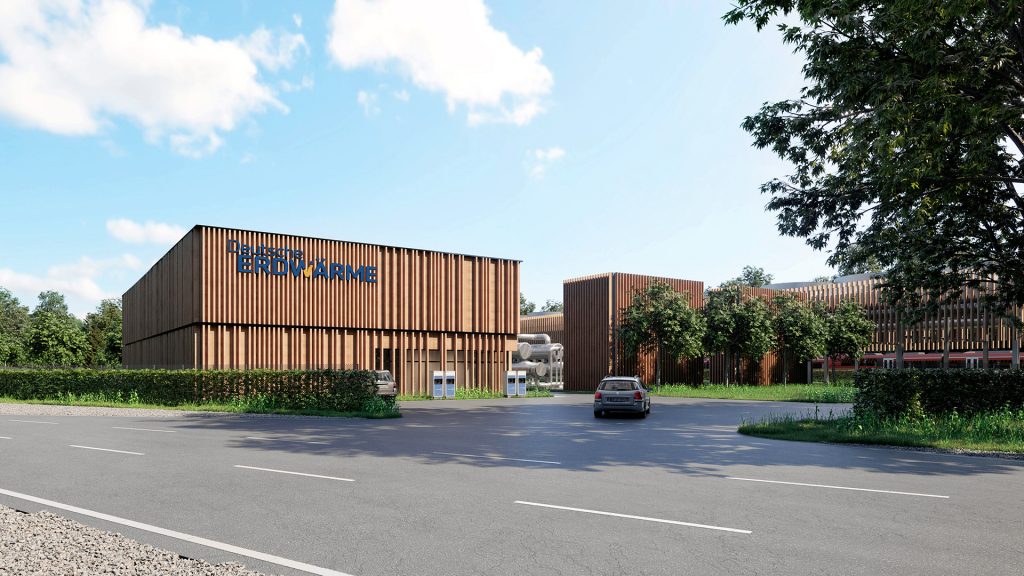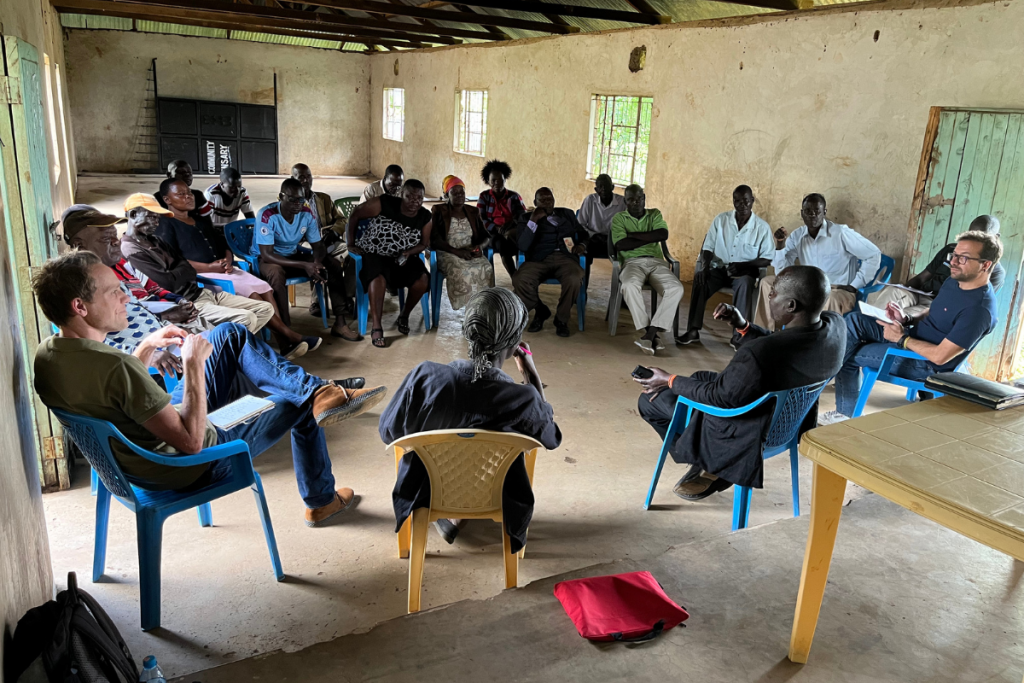IGME, ULL collaborate on shallow geothermal research in Canary Islands
Energy Disrupter
The SAGE4CAN project by ULL and IGME seeks to evaluate the potential for shallow geothermal energy for heating and cooling in the Canary Islands.
The University of La Laguna (ULL) and the Geological and Mining Institute of Spain (IGME) have reported significant progress on the Shallow Geothermal Energy for the Canary Islands (SAGE4CAN) research project. The project aims to demonstrate the potential of shallow geothermal energy for the heating and cooling sector in the Canary Islands.
As part of the project, the research team has successfully completed a thermal response test (TRT) at a site on the Tajogaite volcano in La Palma. TRTs are used to evaluate the soil’s ability to transfer heat and are critical in correctly designing geothermal air conditioning systems, ensuring their optimal efficiency and performance. Carried out in a unique volcanic environment, the TRT will provide valuable information on the behavior of geothermal energy under extreme conditions.
Shallow geothermal is a technology that takes advantage of the heat stored in the first meters of the subsoil, normally up to about 100 meters deep, to air-condition buildings and generate hot water. Unlike deep geothermal, shallow geothermal uses the relatively constant temperature of the ground near the surface.
The technical objective of the project is to integrate the hydrogeological regime in the calculation of the theoretical and technical potential of shallow geothermal energy in the Canary Islands. As an additional objective, it seeks to promote the use of this form of urban air conditioning in alignment with the objectives of energy efficiency and renewable energy in Spain and the European Union.
Beyond the technical research, the project also seeks to address key aspects such as resource assessment, sustainable and efficient management of shallow geothermal energy, and the identification of potential conflicts and environmental risks associated with its use. In addition to its impact on reducing greenhouse gas emissions and improving energy security, SAGE4CAN also seeks to foster the technological and economic development of the region.
La Palma has been the site for geothermal exploration under the initiative of public company Sodepal. Six proposals for deep geothermal projects in La Palma were also approved for funding by the Institute for Energy Diversification and Saving (IDAE) in late 2023.
Source: Universidad de la Laguna and Canarias Ahora

